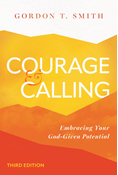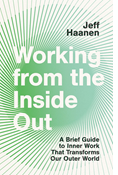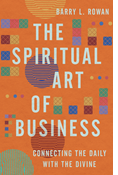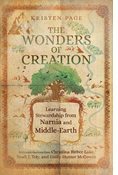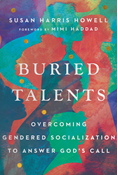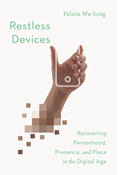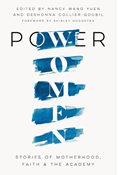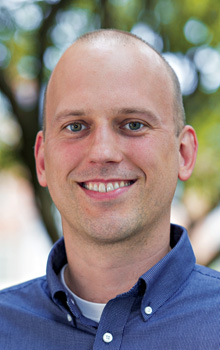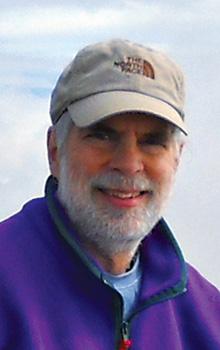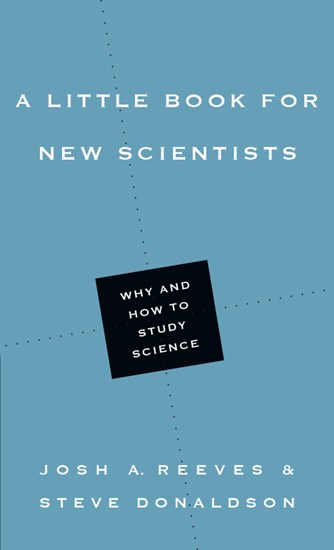
|
A Little Book for New Scientists
paperback
|
- Length: 144 pages
- Dimensions: 4.25 × 7 in
- Published: August 16, 2016
- Imprint: IVP Academic
- Item Code: 5144
- ISBN: 9780830851447
-
Other Retailers:
Amazon*
*affiliate partner
Many young Christians interested in the sciences have felt torn between two options: remaining faithful to Christ or studying science. Heated debates over the past century have created the impression that we have to choose between one or the other. The result has been a crisis of faith for many students.
Josh Reeves and Steve Donaldson present a concise introduction to the study of science that explains why scientists in every age have found science congenial to their faith and how Christians in the sciences can bridge the gap between science and Christian belief and practice. If Christians are to have a beneficial dialogue with science, it will be guided by those who understand science from the inside. Consequently, this book provides both advice and encouragement for Christians entering or engaged in scientific careers because their presence in science is a vital component of the church's witness in the world.
"A Little Book for New Scientists is certainly the most concise and helpful book for young persons (and their parents) on a science career that I have ever seen. I would hope that every young person considering a career in the sciences will read this book and then take it down off their shelf about once a year—rereading it regularly as they proceed through graduate school and their post-doc years. If I'd had this book when I was beginning my career, I would have wanted it in a prominent place on my bookshelf—right next to my Bible."
"This book is essential reading for Christians contemplating a vocation in science. It will, in addition, be fascinating for those who are not scientists but are interested in how and why science works the way it does. The authors not only successfully debunk common myths about the history of science and religion, they also provide a very honest and insightful account of scientific practices, including both its temptations and achievements. Too often the science-and-religion debate has resisted engaging with science studies alongside the specific religious quandaries opened up by scientific knowledge. This little book manages to achieve a great deal in just a few pages, which makes it particularly useful for introductory teaching contexts."
"This is a refreshing little book about science and the Christian faith. It is not on the front lines of specific confrontations between Christians and various scientific theories; rather, it steps back and orients us to the kind of thing that science is and how that fits within the outlook of faith. Budding scientists should read it as a way of preparation for what the authors understand to be a holy career—a vocation in which one can truly serve God. Non-scientists should read it in order to understand that the perceived threat of science to Christian faith has been largely due to an imagined bogeyman rather than to accurate views about science. Reeves and Donaldson are to be commended for their service to the church and to the science-and-religion community for this clear and helpful book."
"This volume is a nice resource for science-oriented students, newly believing Christians in science fields, or anyone seeking integration. The book draws us into a consistent, balanced, and active role as bridge between the realms of science and faith."
"A Little Book for New Scientists is easily approachable, practically useful, and theologically rooted. This book would be immensely valuable for high school students considering a career in science and for college students transitioning from the study of science to the practice of science. Clergy and parents of new scientists, while not the intended audience, would likewise benefit from lessons the book offers. Josh Reeves and Steve Donaldson have written an important book that has the potential to guide the spiritual and professional development of future Christians in science for years to come."
CONTENTS
Acknowledgments
Introduction
Part I: Why Study Science?
1. God and the Book of Nature
2. Christianity and the History of Science
3. Science and Ethics
Part II: The Characteristics of Faithful Scientists
4. Hope in the Face of Adversity
5. Life Together: Working with Others in a Scientific Community
6. The Known Unknowns: Science and Intellectual Humility
Part III: Science and Christian Faith
7. Science and Scripture
8. Are Scientists Mostly Atheists?
9. Science for the Good of the Church
For Further Reading
Name and Subject Index
Scripture Index


